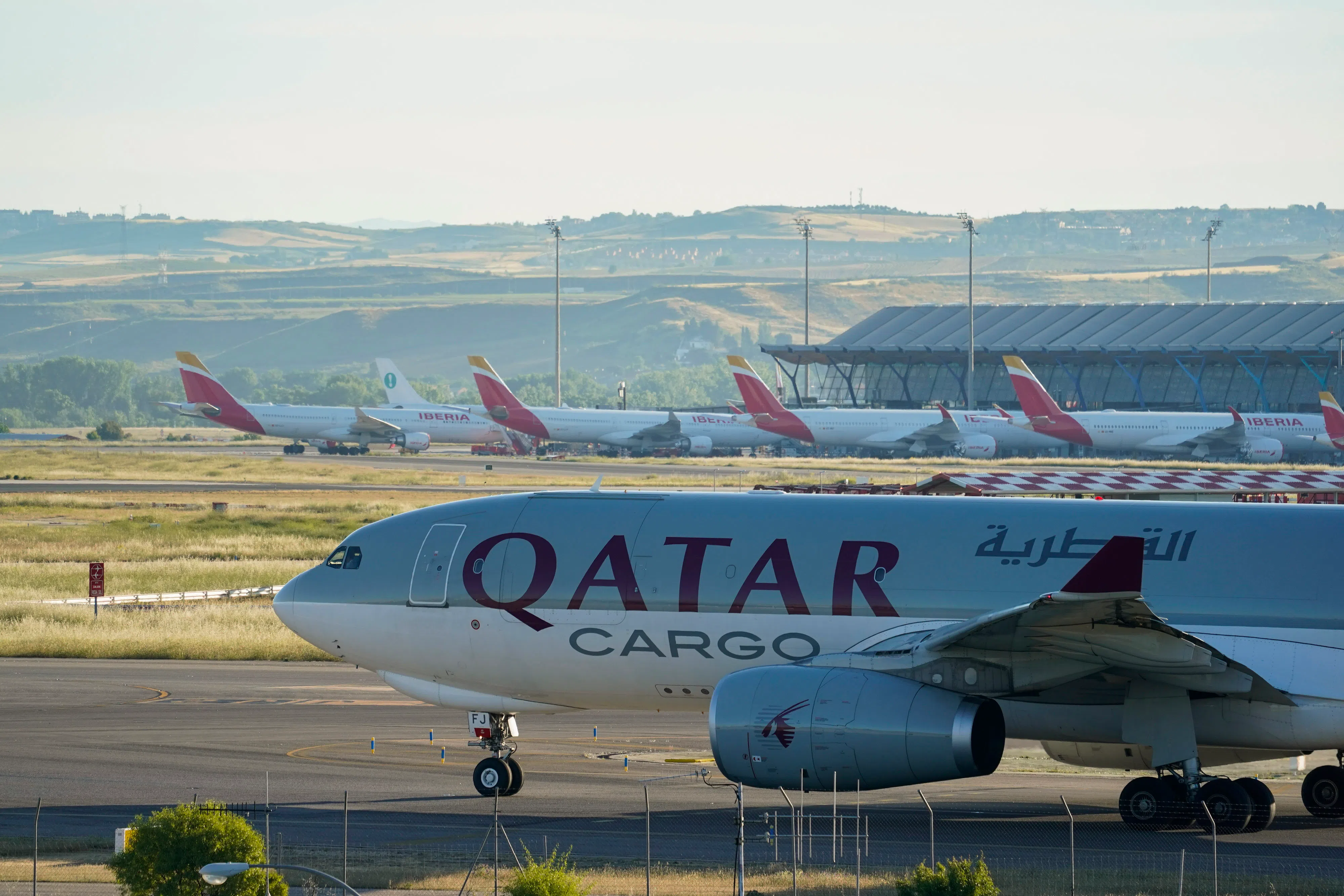SHOPPERS’ insatiable appetite for rapid delivery will help drive air freight growth of as much as 10 per cent this year, outweighing headwinds from a potential slowdown in major economies, according to Qatar Airways QCSC’s cargo unit.
The company’s e-commerce business grew about 25 per cent last year and is set for double-digit expansion in 2025, Mark Drusch, chief cargo officer at Qatar Airways Cargo, said. Semiconductors and consumer products in major economies are also bright spots for the year ahead, and the carrier expects total freight capacity to increase 5 to 10 per cent, he said.
“We have all become so accustomed to buying things online and expecting them very quickly,” he said. “We don’t expect that to slow down, and neither do our partners.”
The carrier’s optimistic view for the year ahead comes amid elevated risks for global supply chains. The potential for higher tariffs, when US president-elect Donald Trump takes office, has left many companies guessing about the fallout, while enduring geopolitical turmoil and struggles to reinvigorate growth in some major economies also threaten to ripple through trade flows.
Drusch was not concerned about the risk of higher US tariffs, given the lack of clarity about the incoming administration’s plans, but pointed to the possibility of a further slowdown in Europe as a headwind for the sector.
Still, Qatar Airways predicts growth in mainland China, where it expects to allocate five more cargo jets thanks to its tie-up with Alibaba Group Holding’s logistics arm Cainiao, as well as India. The carrier will announce plans to add more cargo aircraft this year, Drusch said.
Qatar Airways ranks as the biggest air cargo carrier for a passenger airline, and is only second behind specialist FedEx. It has 28 Boeing 777 Freighters for its freighter operations – with 34 new-generation 777-8F to come from 2028 – as well as cargo capacity on over 200 passenger planes. BLOOMBERG
Share with us your feedback on BT’s products and services






